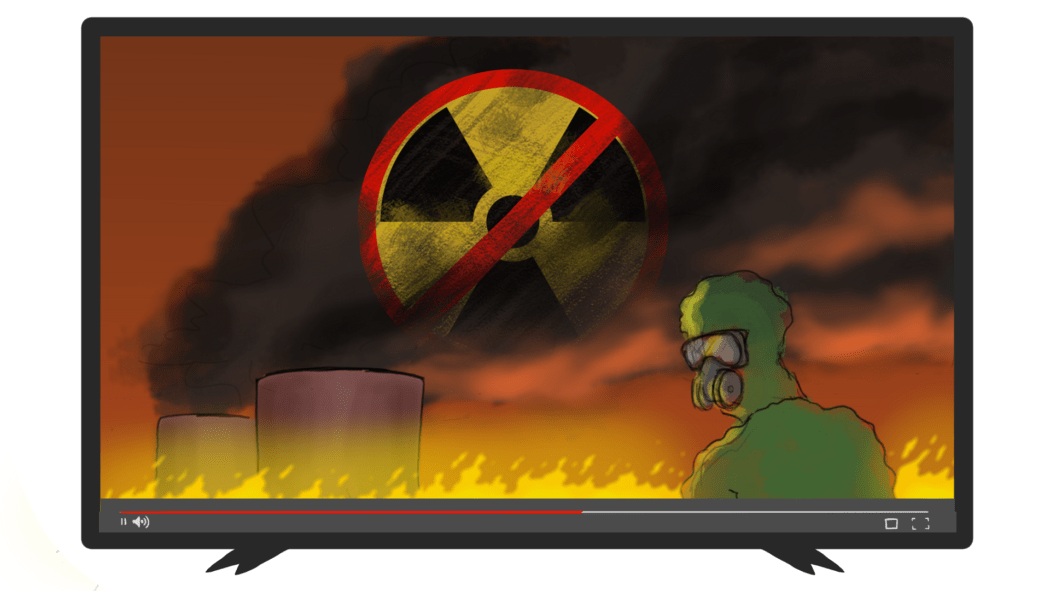Opinion: Outdated public understanding stops nuclear tech advancements
The decision on whether to adopt nuclear power as a major part of power production is divisive in the U.S. According to the World Nuclear News organization in 2019, only half of U.S. citizens support the use of nuclear power.
At the same time, awareness of the damage done by more conventional methods of generating energy has risen. Climate change activists are now intensely focused on producing alternative energy to fossil fuels to combat rising temperatures and slow carbon emissions.
Sustainable energy is a huge issue. Advances in wind and solar energy have been excellent in the past few years, but U.N. energy experts say nuclear power is necessary to meet climate objectives on time.
With that in mind, why are people hesitant to expand nuclear power?
Concern about nuclear energy typically revolves around the safety of nuclear power plants. While safety is an important concern, many arguments use cases such as the Chernobyl accident to justify abandoning nuclear energy.
These situations don’t necessarily reflect the reality of modern nuclear power. For instance, the Chernobyl incident was the result of poor reactor design and human error, which can be avoided with modern technology and today’s better understanding of nuclear power. In many ways, nuclear energy is far safer than fossil fuel plants and the emissions created by burning fossil fuels.
But the narrative that nuclear power plants are lethally radioactive or ticking time bombs is still vastly prevalent. As a result, nuclear programs have faced an uphill battle to continue operating.
While countries like China have expanded their nuclear power programs, the U.S. is falling behind in the expansion of nuclear energy. Compared to China’s 46 planned nuclear power plants, the U.S. only has two nuclear plants in the works.
Misconceptions around nuclear energy don’t just stop the construction of nuclear power plants, they also slow down potential breakthroughs in nuclear technology as a whole. China’s “artificial sun” may allow for the development of fusion reactors that could potentially generate an absurd amount of clean energy.
The potential for nuclear power is impressive, but the U.S. will likely be late to adopt new advances in the field. Popular opinion and the cost of investing will most likely stop any effort to seriously switch from coal power to nuclear power.
Despite low public support, nuclear power is still expanding. The Blue Castle Project in Emery, Utah could potentially increase power generation by a huge amount. This could potentially reduce carbon emissions in Utah and allow for an easier transition to sustainable energy.
Nuclear power can act as a bridge between the fossil fuel energy system of today into a more environmentally friendly power generation system. If the goal is to replace unsustainable power with more secure alternatives, nuclear power is an excellent first step in that process.
—
Bryant Saunders is a computer science major and member of Utah States Speech and Debate. He has an enthusiasm for discussing philosophy and politics.
— A02307089@usu.edu

